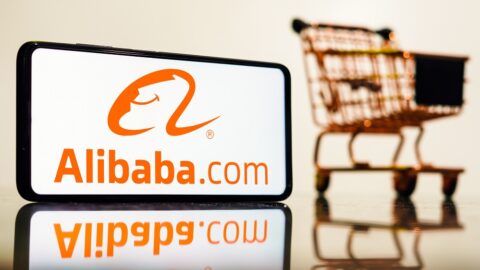The long-time face of Alibaba, Jack Ma, stepped down as Chairman on Sept. 10, with CEO Daniel Zhang taking his place. Ma will remain on the Board of Directors until the retail giant’s annual general meeting of shareholders in 2020.
Zhang first took on the CEO position in 2015, after earlier holding the roles of COO of Alibaba and CFO of Taobao Marketplace. Zhang also oversaw the development of Tmall starting in 2008, where he helped convince global brands to start selling in China, according to Bloomberg Businessweek.
He will head Alibaba during a turbulent period for the e-Commerce giant, which is valued at $460 billion but was forced to delay its stock offering due to protests in Hong Kong. The company also is contending with a general slowing of growth in China that has put a damper on consumer spending, and the threat of a trade war with the U.S.
However, Alibaba still remains a sales juggernaut. Revenue was up 42% in Q1 2019 — down from the massive growth of previous quarters, but still extremely high for such a large retailer. The company’s operations boast 674 million annual active users, and Singles Day 2018 alone raked in $30.8 billion in sales, a 27% increase over 2017.
Zhang’s approach to leading the company seems to be focused on expanding in new areas and with new innovations versus entrenching the company’s existing successes.
“Every business has a life cycle,” said Zhang in an interview with Bloomberg Businessweek. “If we don’t kill our existing business, someone else will. So I’d rather see our own new businesses kill our existing business.”
One potential path for the company’s future can be gleaned from Freshippo, a supermarket chain spearheaded by Zhang that currently operates 150 stores across 17 Chinese cities. Many of the stores are serving as pilots for new offerings, such as 30-minute delivery to shoppers within three kilometers of the store.
Alibaba also is expanding abroad, a move that could generate new growth opportunities. The retailer launched an English language web site for Tmall Global in July. The portal is designed to teach Western audiences about Chinese goods to build cross-border interest, and also has tools to help global brands looking to make an entrance into China.












